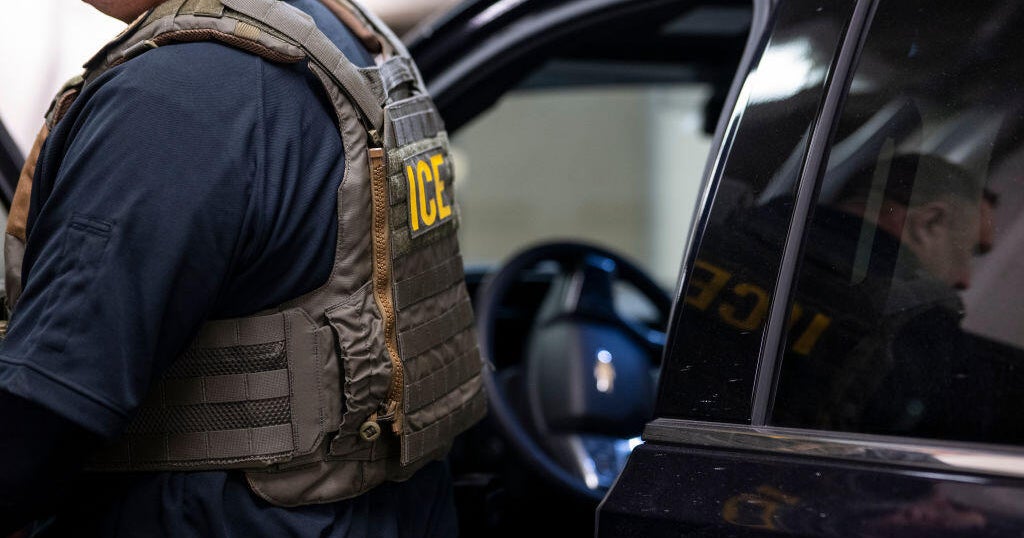A Georgetown University researcher, Badar Khan Suri, was detained by immigration authorities earlier this week in a move that has sparked controversy and concern over the Trump administration’s crackdown on activists on college campuses. Suri, an Indian national, was studying and teaching at Georgetown on a student visa when he was arrested by masked Department of Homeland Security (DHS) agents.
The arrest occurred as Suri was returning to his home in Rosslyn, Virginia, after breaking his fast for Ramadan. According to court documents, the agents identified themselves as DHS members and informed Suri that his visa had been revoked. Suri’s wife, Mapheze Saleh, could only see their eyes due to their face coverings. Shortly after his arrest, Suri contacted his wife to inform her that he was being sent to a detention center in Farmville, Virginia. His attorneys believe he may be transferred to a facility near the U.S.-Mexico border in Texas.
Suri’s attorneys filed a writ of habeas corpus in federal court challenging his detention, arguing that it violated his due process rights. They criticized the Trump administration for targeting noncitizens based on protected speech, specifically Suri and his wife’s views on Israel and Gaza. The attorneys emphasized that Suri has no criminal record and has not been charged with any crime.
The complaint also revealed that Suri and his wife had been targeted online by The Canary Mission, an anonymously-run blacklisting site that accuses Saleh of having ties to Hamas and supporting terrorism. The site is known for targeting individuals who advocate for Palestinian rights and has been criticized for its tactics of bullying and defamation. The couple’s attorneys claimed that they had been unfairly smeared by The Canary Mission and other websites.
Georgetown University issued a statement in support of Suri, stating that he had obtained his visa to continue his research on peacebuilding in Iraq and Afghanistan. The university emphasized that they were not aware of any illegal activity on Suri’s part and had not been provided with a reason for his detention.
As the case unfolds, many are questioning the motives behind Suri’s detention and the broader implications for academic freedom and free speech on college campuses. The Trump administration’s crackdown on activists and individuals with dissenting views has raised concerns about the erosion of civil liberties and the targeting of noncitizens based on their political beliefs.
Immigration and Customs Enforcement’s online detainee locator showed that Suri was being held at a facility in Louisiana, but his attorneys are concerned about the possibility of him being transferred to a detention center closer to the U.S.-Mexico border. The uncertainty surrounding Suri’s detention has led to calls for transparency and accountability from immigration authorities.
The case of Badar Khan Suri highlights the challenges faced by immigrants and activists in an increasingly hostile political climate. As the Trump administration continues its crackdown on dissent, individuals like Suri find themselves caught in the crosshairs of a government that is willing to silence voices of opposition at any cost. The detention of Suri has sparked outrage and calls for justice from advocates and supporters who see his case as emblematic of a larger assault on civil liberties and human rights.
As the legal battle over Suri’s detention unfolds, the implications for academic freedom, free speech, and immigrant rights will continue to be scrutinized. The case serves as a stark reminder of the dangers of targeting individuals based on their political beliefs and the need to uphold the principles of democracy and freedom of expression in the face of government overreach.









